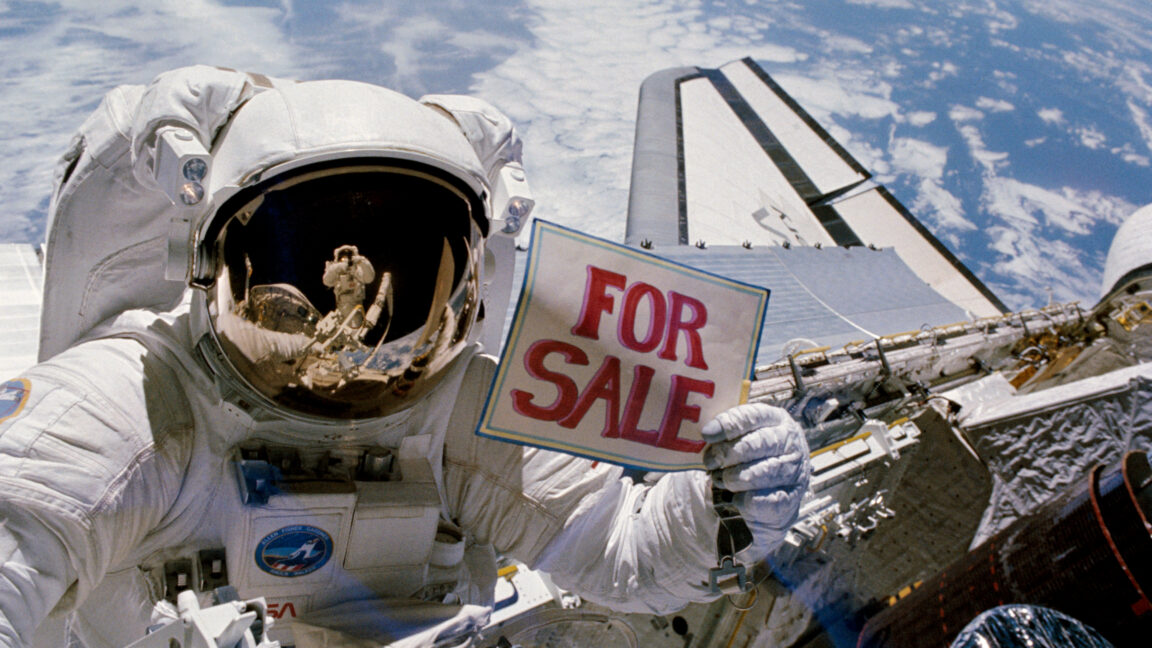Putin OKs plan to turn Russian spacecraft into flying billboards
These are tough times for Russia’s civilian space program. In the last few years, Russia has cut back on the number of Soyuz crew missions it is sending to the International Space Station, and a replacement for the nearly 60-year-old Soyuz spacecraft remains elusive. While the United States and China are launching more space missions…

These are tough times for Russia’s civilian space program. In the last few years, Russia has cut back on the number of Soyuz crew missions it is sending to the International Space Station, and a replacement for the nearly 60-year-old Soyuz spacecraft remains elusive.
While the United States and China are launching more space missions than ever before, Russia’s once-dominant launch cadence is on a downhill slide.
Russia’s access to global markets dried up after Russian President Vladimir Putin launched the country’s invasion of Ukraine in February 2022. The fallout from the invasion killed several key space partnership between Russia and Europe. Russia’s capacity to do new things in space seems to be focused on military programs like anti-satellite weapons.
The Roscosmos State Corporation for Space Activities, Russia’s official space agency, may have a plan to offset the decline. Late last month, Putin approved changes to federal laws governing advertising and space activities to “allow for the placement of advertising on spacecraft,” Roscosmos posted on its official Telegram account.
We’ve seen this before
The Russian State Duma, dominated by Putin loyalists, previously approved the amendments.
“According to the amendments, Roscosmos has been granted the right, effective January 1, 2026, to place advertising on space objects owned by both the State Corporation itself and federally,” Roscosmos said. “The amendments will create a mechanism for attracting private investment in Russian space exploration and reduce the burden on the state budget.”
The law requires that advertising symbols not affect spacecraft safety. The Russian government said it will establish a fee structure for advertising on federally owned space objects.
Roscosmos didn’t say this, but advertisers eligible for the offer will presumably be limited to Russia and its allies. Any ads from the West would likely violate sanctions.
Rocket-makers have routinely applied decals, stickers, and special paint jobs to their vehicles. This is a particularly popular practice in Russia. Usually, these logos represent customers and suppliers. Sometimes they honor special occasions, like the 60th anniversary of the first human spaceflight mission by Soviet cosmonaut Yuri Gagarin and the 80th anniversary of the end of World War II.
